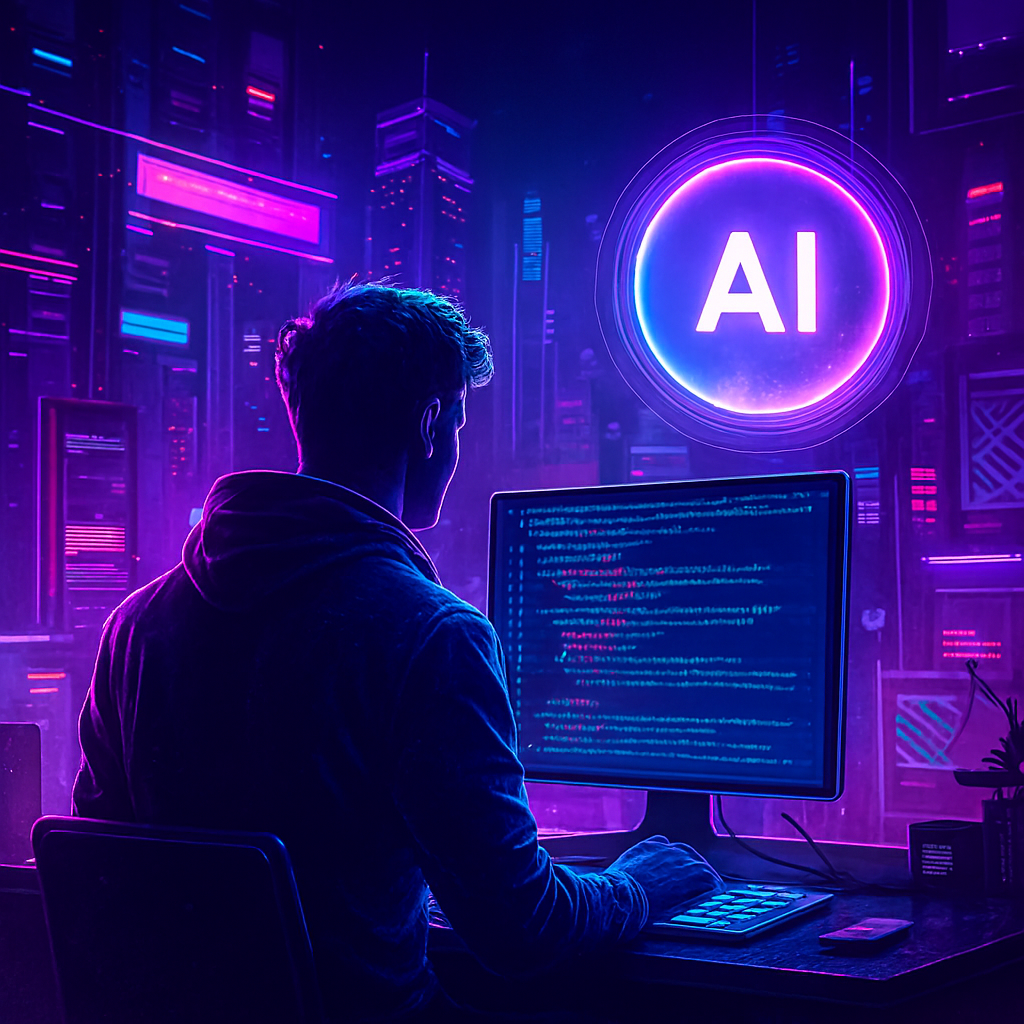Vibe Coding Made Senior Devs AI Babysitters — And They Say It’s Worth It
AI coding tools have changed the way software is written. Instead of typing out every line, many developers now “vibe code”—they describe what they want in plain language, and the AI produces a starting point.

Artificial intelligence has changed how software gets built. Tools like GitHub Copilot, ChatGPT, and other coding assistants have made “vibe coding” a common practice. Instead of typing out entire classes or functions, developers describe what they need, and the AI writes most of the code for them.
At first glance, this feels like a dream. Who wouldn’t want a tireless assistant that can generate entire chunks of code in seconds? But in reality, vibe coding has created a new responsibility for senior developers: babysitting the AI.
The Rise of the AI Babysitter
Senior developers aren’t just coding anymore. They’re acting as reviewers, editors, and quality controllers for AI-generated work. The AI is fast, but it doesn’t fully understand the bigger picture. It might generate something that compiles and looks correct, but it can miss important details—security concerns, performance issues, edge cases, or project-specific requirements.
One senior dev described the experience as “working with an eager junior developer who never remembers your last lesson.” The AI produces output on command, but it doesn’t learn from past mistakes in the same way a human teammate would.
This constant oversight is why many developers jokingly call themselves “AI babysitters.” They’re still writing code, but a lot of their time now goes into supervising and guiding what the AI delivers.
The Good: Speed and Productivity
Despite the babysitting, most developers agree that vibe coding has huge benefits.
-
Faster prototyping: Need a quick function to test an idea? The AI can generate it instantly.
-
Less boilerplate: No more wasting time writing repetitive setup code, scaffolding, or standard CRUD functions.
-
Productivity boost for juniors: Newer developers can move faster with AI support, while seniors step in to review and correct.
-
Focus on higher-level thinking: With the AI handling routine work, senior engineers can spend more energy on architecture, scalability, and long-term design.
In many cases, the AI saves hours of work that would have otherwise been spent on repetitive tasks.
The Bad: Constant Supervision
The trade-off is that AI-generated code often requires careful review. Problems include:
-
Hidden bugs that aren’t obvious until deeper testing.
-
Code that doesn’t fit the project’s style or structure.
-
Overly generic solutions that don’t consider edge cases.
-
Security risks introduced by careless shortcuts.
Left unchecked, these issues can create bigger problems down the line. That’s why senior devs have become so important in the vibe coding workflow. They’re not just coding—they’re ensuring quality, maintainability, and long-term reliability.
Why It’s Still Worth It
Even with the extra oversight, most senior devs say vibe coding is a net positive. AI isn’t replacing them—it’s reshaping their role.
Instead of spending hours writing boilerplate, they’re spending that time thinking about system design, scalability, and mentorship. They’re making sure the project holds together at a higher level.
As one developer put it: “AI can write the code, but it can’t take responsibility for it. That’s still on us.”
The Future of Vibe Coding
Right now, AI coding assistants feel like tireless but clumsy juniors. They speed things up, but they always need checking. Over time, as these tools get better at understanding context and learning from past corrections, the babysitting may lessen.
But one thing is clear: vibe coding hasn’t eliminated the need for senior engineers. If anything, it has made them more essential. The AI can generate code, but only a human can guarantee that it’s the right code for the problem.
For now, senior developers may be stuck babysitting their AI copilots. But most agree—it’s worth it.